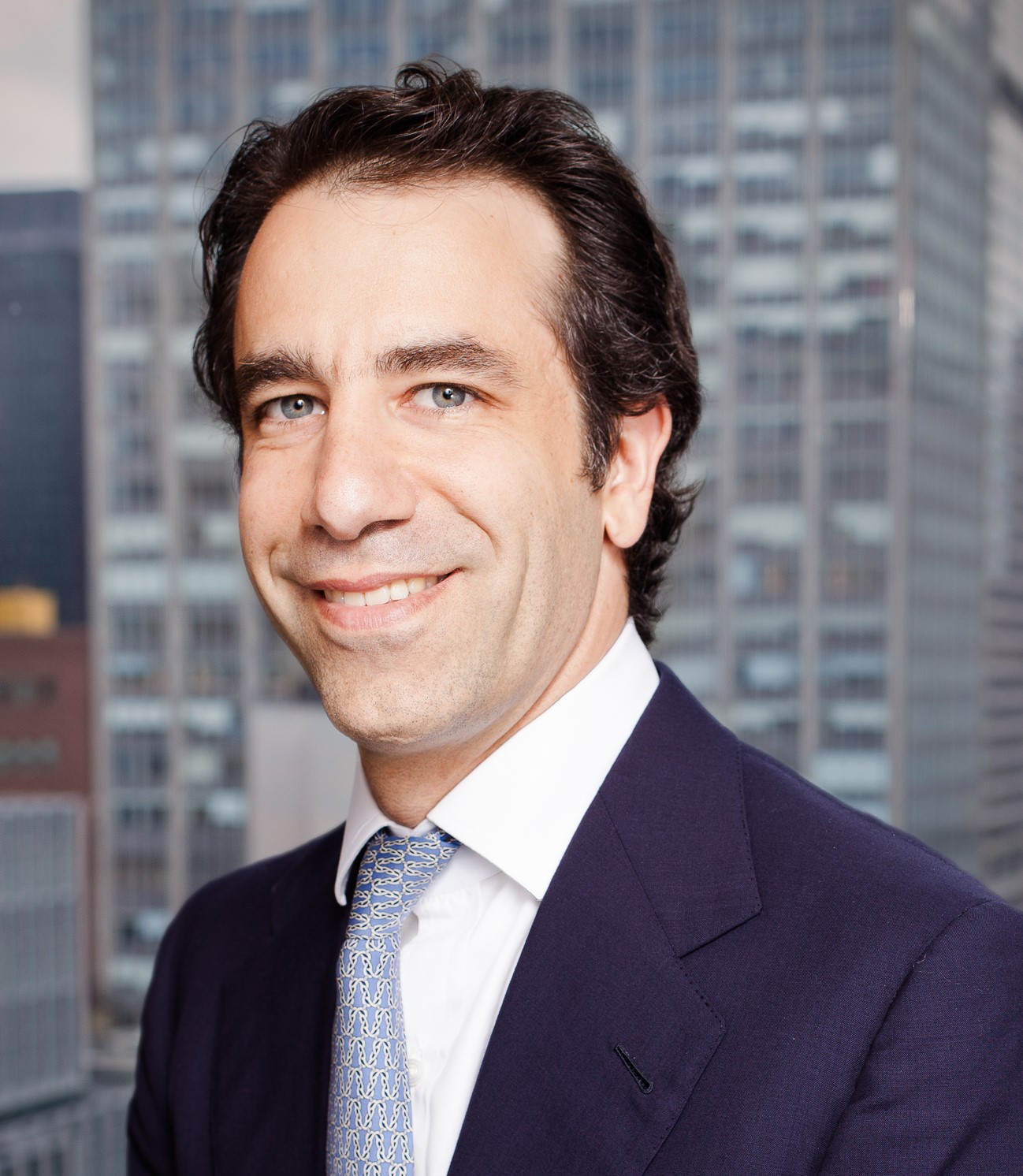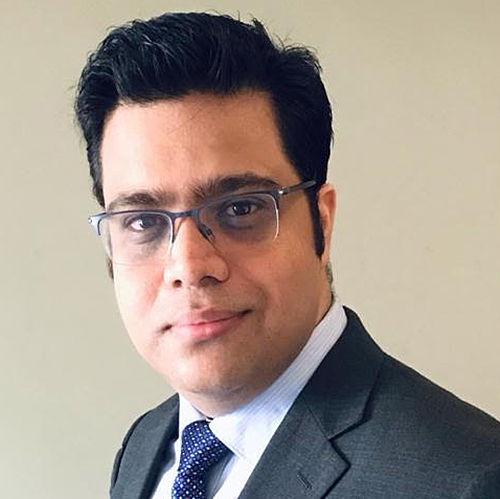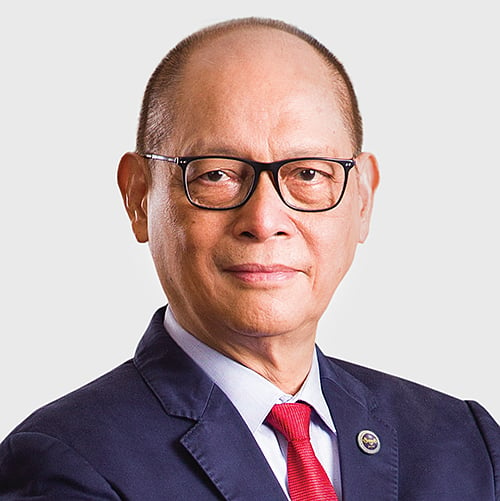
On his recent trip across Asia, American businessman Justin Muzinich, who served as deputy treasury secretary under former US President Donald Trump’s administration (2018-2021), spoke with The Asset on a number of issues, including the US banking system, geopolitical and trade tensions, and concerns over a possible economic decoupling.
Muzinich is the chief executive officer of Muzinich & Co, a privately-owned global institutional asset manager and investment firm that specializes in providing public and private corporate credit. Headquartered in New York, the firm manages US$37.1 billion in fixed-income credit assets (as of March 31 2023).
Muzinich opened its first Asian office in Singapore in 2017 and has since expanded its client base of institutions, private banks and family offices across the region, most recently expanding its Tokyo team with two senior hires.
With his deep experience in US economic policy, Muzinich is well-placed to offer comments on the ongoing political and economic goings-on in Washington and their possible impact on the Asian and global markets.
The Asset (TA): As you have travelled through Asia, have you heard any serious/significant comments on dollar de-coupling?
Justin Muzinich (JM): Let me describe what I observe is going on, rather than any personal views on it. What I have heard is that different countries’ positions on this are dictated ultimately by their own economic interests.
Countries that export significantly to China are more concerned about it than countries that export less. I'd say all countries in the region are concerned about escalating economic tension because many have exports to both the US and China and escalating tension is not in their interests.
From an investment perspective, what may be surprising to people is that there is, clearly, decoupling going on in some strategic industries, like semiconductors, but if you look at aggregate trade numbers, it doesn't really show up.
US-China, Europe-China trades are hitting new highs. So, a year ago, some big names in finance predicted the end of globalization and that's not what's happening. What's happening, if you look at trade numbers, is we're hitting new highs, but in a very few strategic industries you are seeing decoupling, or reverse globalization. Those industries are a very small part of the overall pie.
It’s not intuitive to most people because the word decoupling grabs so many headlines and I think it is surprising to many people that trade is hitting new highs.
TA: Despite the Fed chair saying the US banking system is sound and resilient, can you foresee further regional bank collapses in the coming months? Could it become a contagion?
JM: I don't think we've necessarily seen the end of regional bank issues. Banking is based fundamentally on confidence and confidence is a difficult thing to control once it starts to slip. It's very difficult to know exactly where it will stop.
Commercial real estate exposure may cause economic losses at some banks, and this could further affect confidence. I do think the Federal Reserve has the tools to avoid broad contagion. But that doesn't mean that there won't be more isolated incidents.
TA: Asian sovereigns learned critical credit lessons from the 1997 Asian financial crisis. With our demographic premium, has the financial centre of gravity now permanently moved to Asia?
JM: There are a number of fast-growing companies in Asia. The geopolitical developments in the region are causing Southeast Asia to grow very quickly and investors want to access that growth. There’s also an increasingly sophisticated investor base in Asia, who understand risk-adjusted returns, which is the way we invest.
TA: As your firm penetrates deeper into the Asian market, do you have enough “local” capacity on the ground?
JM: We believe so. On the private credit side, we have one of the deepest teams on the ground with investment professionals spread across the region. On the public credit side, we recently welcomed Mel Siew back to Muzinich as a portfolio manager in Singapore. And, of course, we recently expanded in Japan.
As a firm we see the value in having strong, local investment teams on the ground. We believe that will serve us very well in the region over time as it should enable us to prove the value of our work and in turn better serve our clients.
TA: Would you describe Muzinich & Co as an old-fashioned (fundamentals) company, and isn’t that an asset in the current environment?
JM: We believe in deep credit research. People often overcomplicate credit, but at its core, you're lending money to companies, and you want to make sure that they can pay your interest and pay your principal, and we try to keep that very basic principle.
The key to earning returns in credit is continuous compounding over time, while minimizing defaults. And that's what we try to do, to generate a nice compounding stream over time for our investors by avoiding defaults while at the same time, keeping a very entrepreneurial spirit within the firm in terms of looking for opportunities.
TA: Can you elucidate on why expanding in Asia matters to Muzinich & Co?
JM: We want to find the best investment opportunities in the world and value moves around. Being here broadens what we can look at as we search for the best risk-return opportunities globally.
TA: The reach of Japanese investment capital into Asia through Japanese conglomerates is deep and substantial. Was that a consideration for your new Tokyo office?
JM: The Tokyo office is really driven by the strong existing relationships that the firm has in Japan, the size of the Japanese market, and the need for quality fixed-income products there given the traditionally very low yields on Japanese government debt.
TA: What are your domestic business aspirations for Muzinich & Co in Japan?
JM: We want to build trust with Japanese institutions in the right way, to be seen as a trusted partner in credit, that values long-term relationships. I think being private helps us maintain a long-term view and long-term relationships.
We have made two initial hires in Japan, who are both terrific. Akihiro Hayashi, our country head, has a strong background in private credit, and Tokio Morita, our senior advisor, was a very senior regulator in the Japanese market and understands international finance extremely well.
TA: A final question that might be irrelevant, but with gold reaching an all-time high recently, does the precious metal have any place in your business?
JM: No, we try to be very honest about where we can add value and what we're good at. I think people, by nature, love to have a view on everything. And one of the things which makes you a good investor is knowing what you know, where you have an edge, and knowing where you can really add value. And where we can really add value is on the credit research side, as opposed to the commodity side.









